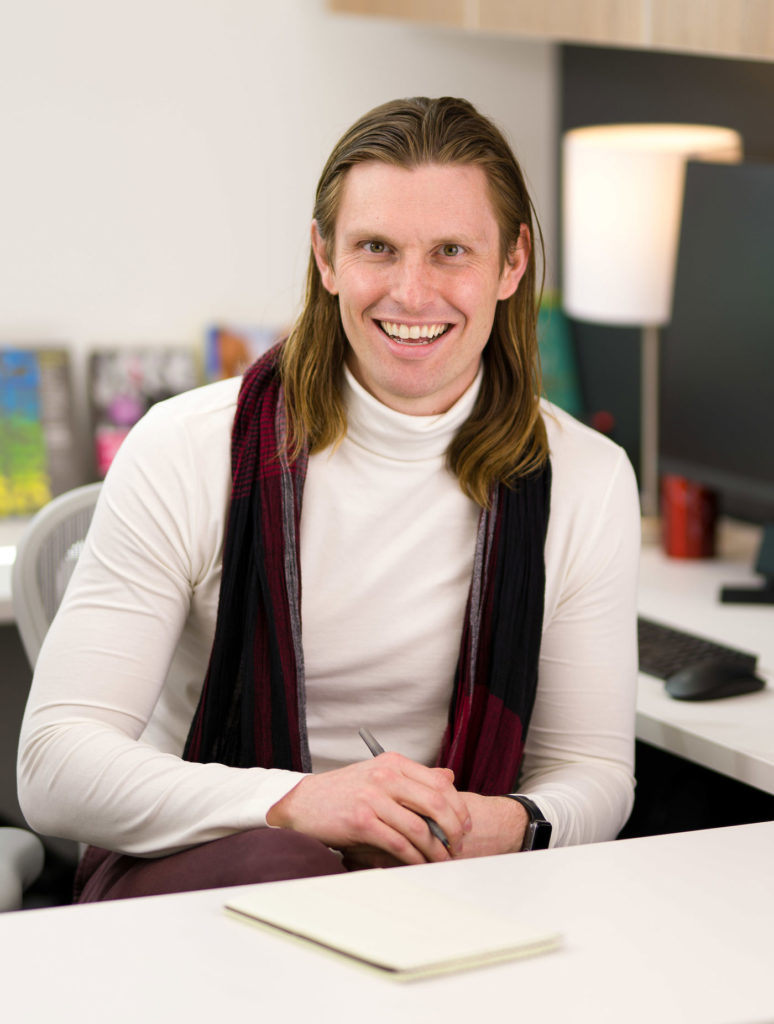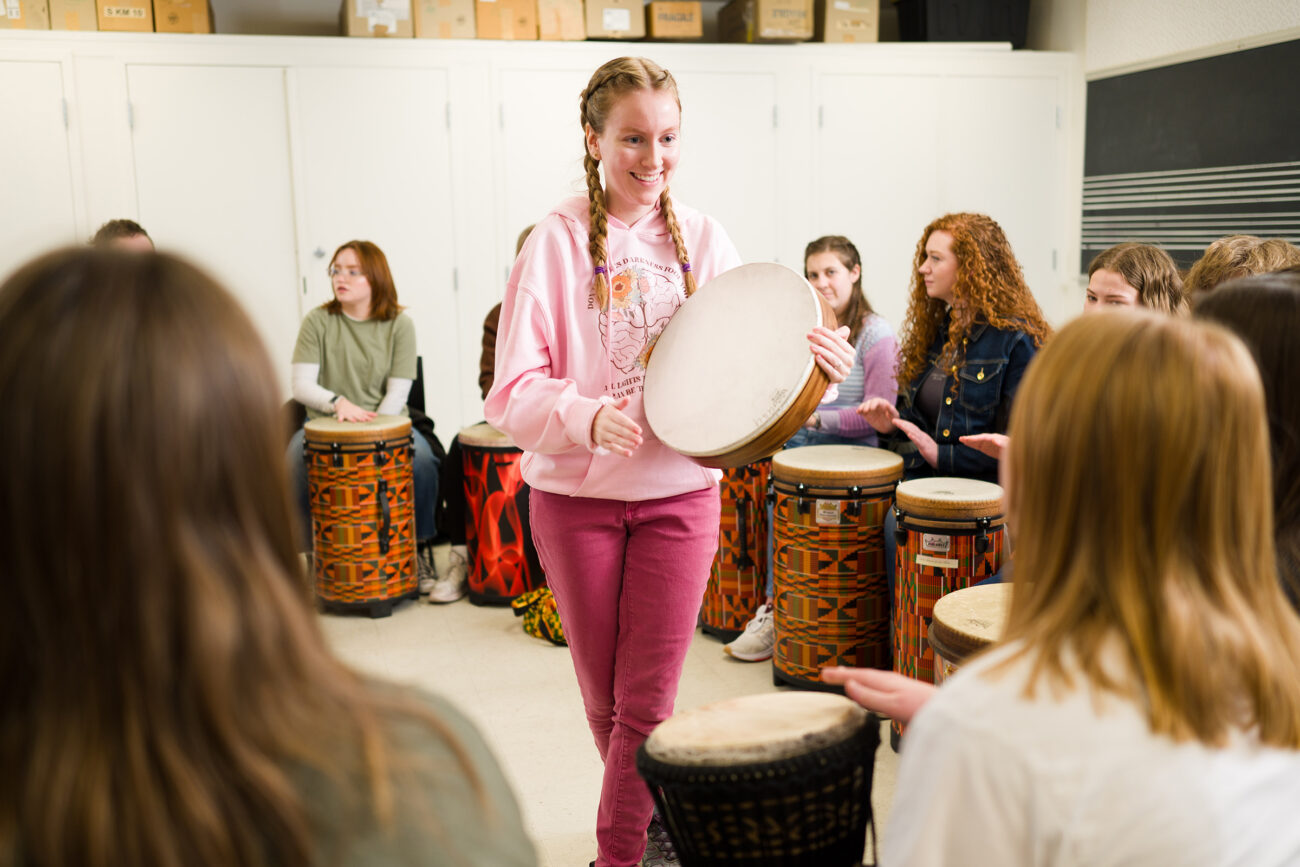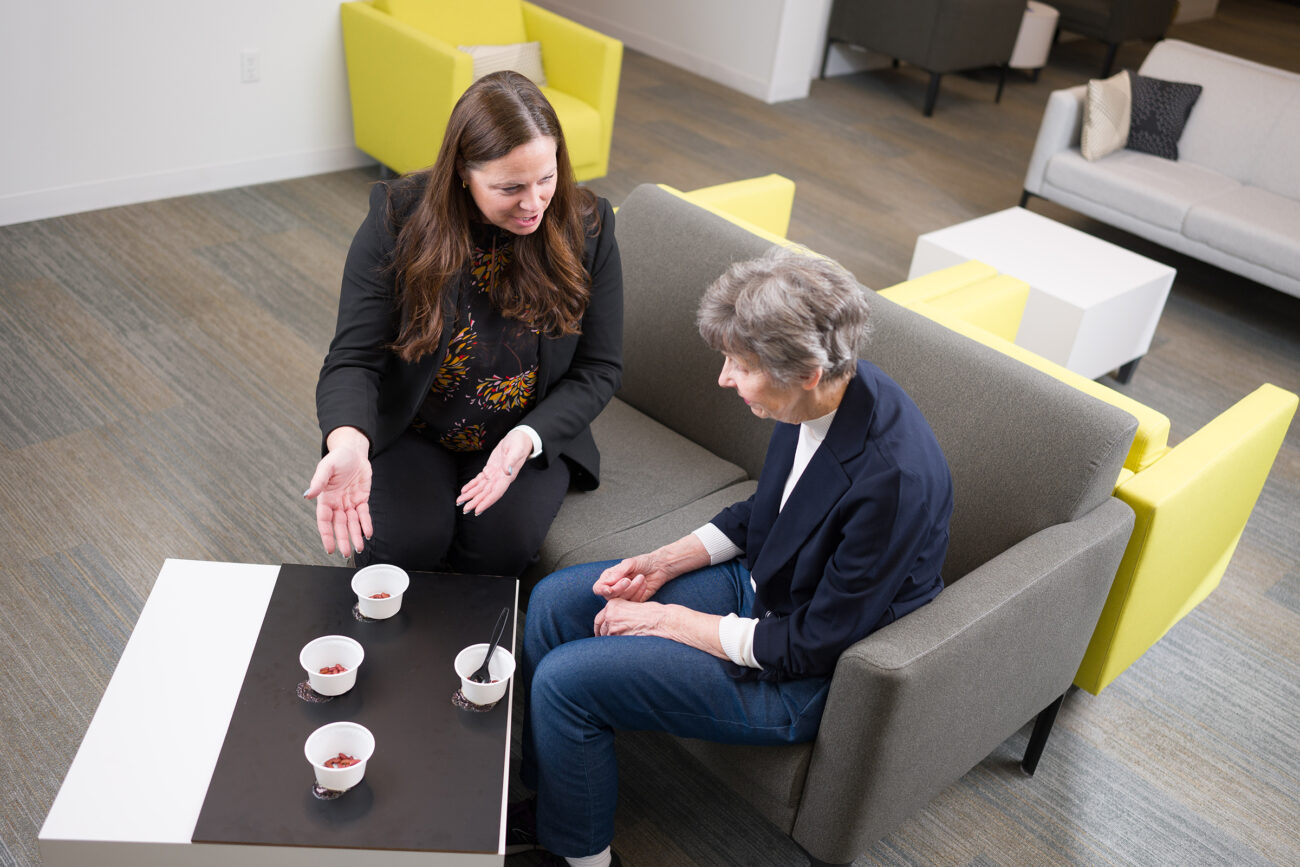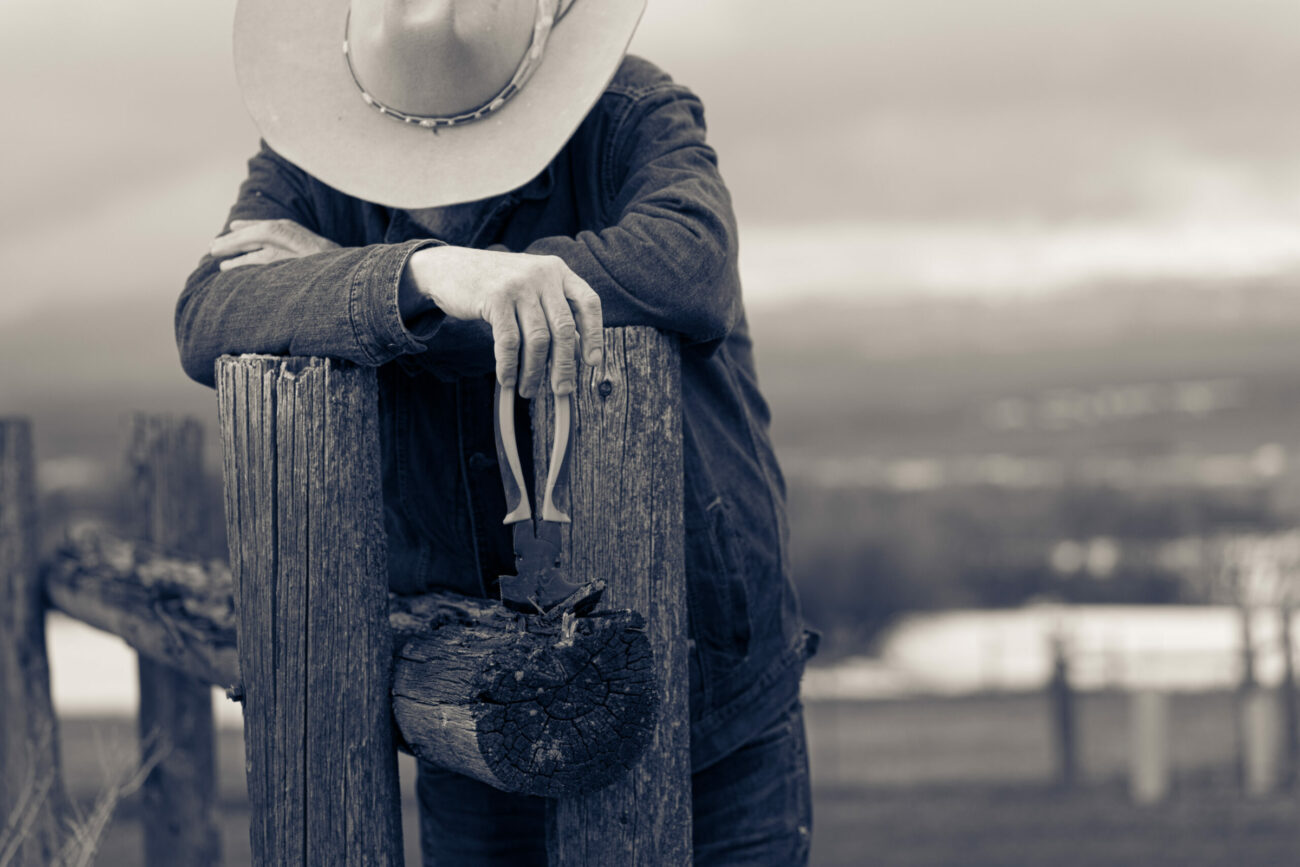Snapshots in Belonging: Creating Space for Difference
As a self-described agnostic queer Mormon, Utah State University psychology professor Tyler Lefevor realized early on that for those who are both religious and LGBTQIA+, a place of belonging is rare.
However, for much of his life, his church membership was a source of happiness. “I believe in being present wherever I am on the journey—for a long time, I was both out as gay and an active Mormon.”

Membership in a church can be a positive experience of spiritual connection and community. Lefevor wants these benefits to be available to all who desire them, regardless of their sexuality or gender. “The ideal is for those who are both queer and faithful to feel comfortable embracing all aspects of their identity, not to leave behind a part that could help strengthen them.”
Although Lefevor’s family is staunchly conservative, they have preserved a loving relationship, and Lefevor cherishes their time together. He notes that many of his colleagues are conservative church members as well. “Knowing those on different life path helps me to balance out my thinking.”
In Lefevor’s experience, people in conservative or faith-based groups are often unexpectedly accepting of those in the rainbow community.
“Abstract concepts usually stop mattering when you’re personally interacting with people. But keep in mind that most LGBTQ individuals have had traumatic experiences with religion, so it can be hard for them to see the complexity in church members,” he explains. “Often, the healthiest course for LGBTQ folks is to move away from religion and into more protective places. But I believe in everyone finding
their own path, and we can create space for others with different experiences.”
Lefevor’s lab examines health disparities experienced by sexual and gender minorities as well as how the intersection of one’s identity and religiosity may help or harm health. He is also a practicing therapist specializing in LGBTQIA+ mental health. Driven in both his research and clinical work by the hope that everyone will have a place to belong, Lefevor encourages personal connections with people who live differently.
“If you don’t have LGBTQ friends, ask yourself honestly if your perceptions might push people away,” he says. “Work to make yourself a safe person.” Lefevor recommends parent support groups and other
resources at centers such as Encircle. “No one is perfect in this effort, but people will see you are trying, and that’s all that matters.”
Lefevor notes that when differing groups meet on even footing, attitudes on both sides are likely to change. “Seek to learn,” he urges, “and be willing to start in spaces where you are not comfortable.”
Lefevor’s own willingness to be vulnerable with those who live and believe differently has led him to a deeper understanding of what he calls “choosing to love.” He explains, “We all run into problems when we tell people that how they see the world is wrong. But when we step out of the issues, and choose to just see the person in front of us, we realize that person deserves love and deserves to be seen for everything they are.”





